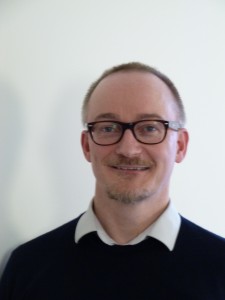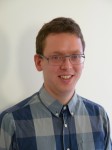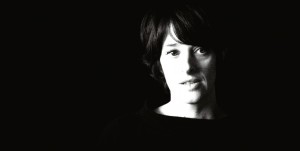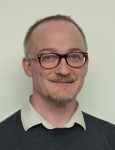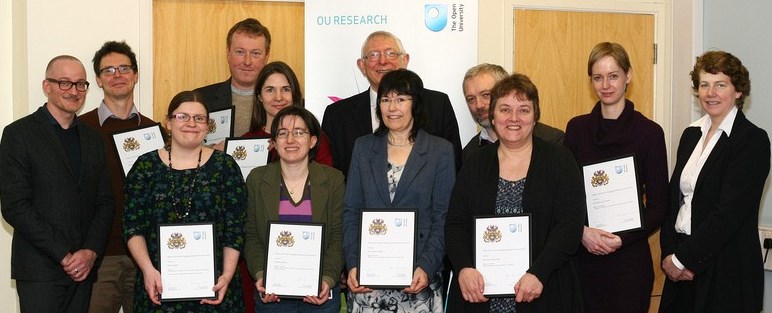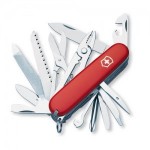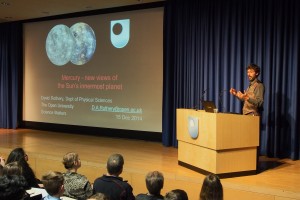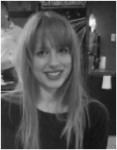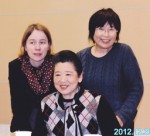In Spring 2015 we offered up to 30 NERC-funded postgraduate researchers (through the CENTA DTP), supervisors, and early-career researchers the opportunity to work on developing productive partnerships with the end-users of their environmental research, and to communicate the economic and social significance of their work.
Over the five days of this course NERC-funded researchers worked with me and Dr Clare Warren to explore conceptual issues, including: who are the end-users for your research, who could they be, and how do you best present your work in the public sphere to encourage end-users to work with you?
The researchers also developed and practiced new skills under the supervision of Dr Janet Sumner, Gerard Giorgi-Coll and Thomas Ryan, such as working with recording equipment, producing pieces-to-camera & editing footage.
What follows is a description of the first of three five-day workshops, which took place in January 2015. The post has been authored by Clare Lawson, Jonathan Moles, Bethan Parkes, Alan Radbourne and Kerry Reid. The post includes links to some of the videos the researchers produced. If you’d like to view the other videos you’ll find the all here.

